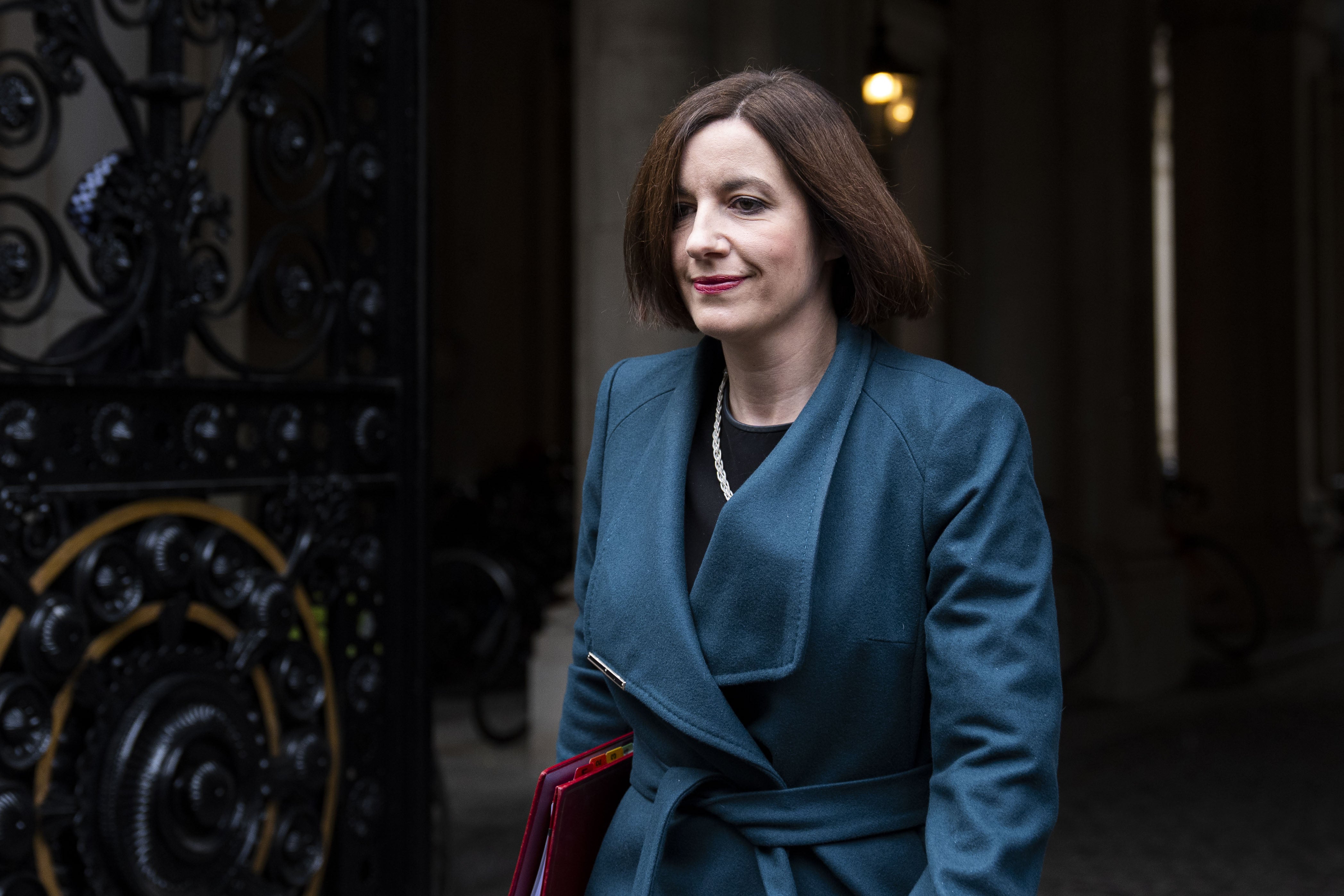
Parents could face paying VAT on nursery fees if a class contains just one child aged five, according to government guidance recently issued on the controversial new policy.
In what has been branded the “toddler tax”, HMRC confirmed earlier this month that a whole nursery class provided by a private school will be subject to 20 per cent VAT if children of compulsory school age attend.
The government will remove independent schools’ VAT exemption from January and business rates relief from April in a move Labour says will fund 6,500 new teachers for state schools.
Headteachers of smaller, specialist private schools have said they have little room in already-squeezed budgets to make cuts, leaving few alternatives but to hike fees by 20 per cent – leaving parents to foot the cost.
Now, it has emerged that parents of children in nurseries also face an increase in fees by up to 20 per cent when the policy is implemented in the new year, drawing much criticism from independent school leaders.
With the plans set to go ahead in a couple of months, below we take a look at what the “toddler tax” is.

What is the ‘toddler tax’?
In documents published on 10 October, HMRC addressed the question of whether nurseries would be impacted by the VAT proposals.
Referring to nursery classes provided by private schools, it stated: “Nursery classes made up wholly of children below compulsory school age remain exempt from VAT.
“If the nursery contains children of compulsory school age who you receive a fee for, the whole of the class will be subject to VAT.”
A child is deemed to be of compulsory school age on whichever date out of 31 December, 31 March or 31 August falls closest after their fifth birthday.
Who might it affect?
Independent school leaders fear it is children with special educational needs and disabilities (Send) who might be affected by a “toddler tax”, as well as children who attend small nurseries or nurseries attached to schools that intentionally mix ages – causing “a wide range of harms”.
When it comes to Send children, the mainstream curriculum and activities of a different age group from their own might best meet their needs. Diarmid Mackenzie, the chair of governors at Sands School in Devon, who has been working with many other independent schools on this issue, said the fear is that these children will end up in a class that is less suitable for them, in terms of their educational and pastoral care needs.
With small independent schools, Mr Mackenzie said some are dependent on mixed-age nursery classes for their continued financial viability. “The additional costs associated with splitting children into strictly separated classes could be the final straw that forces them into closing down, with all the resulting harms and costs that that entails,” he said.
Mary Fysh, principal of Avenue Nursery and Pre-prep School, called the VAT policy the most “destructive and thoughtless” of government initiatives that have been proposed since she founded her small school in 1977. She said she has been forced to tell the parents of a child who was a learning level behind those their own age to find an alternative to staying on in September to avoid the rest of the nursery having to pay the tax.
Mr Mackenzie warned that Montessori schools, which commonly use mixed-age classes, would be prevented from doing so in future.
Speaking of the expected impact on her school, head of The Meadows Montessori School Sam Sims said: “In my opinion, this hit will mean that small schools who have mixed-aged classes will be hit unfairly. We are a Montessori school and one of our core ethos is that we have mixed-aged classes – so three to six-year-olds in one class. This tax is very unfair for schools like ours.”
What could the scale of the impact be?
The National Day Nurseries Association (NDNA) has warned the change could have a “huge” and “detrimental” impact on children, even if the number affected is relatively small.
NDNA chief executive Purnima Tanuku OBE said: “Although we are talking about a small number of children being affected in private schools this change could have a huge impact on those parents of preschool children. There are lots of reasons why a family may feel that deferring starting school is right for a child, from their age for summer-born children to additional needs or prolonged absences.
“These decisions need to be made in the best interests of individual children and not be impacted by financial considerations or how it could impact other families in a preschool setting. Applying VAT to the fees of everyone in a class just because one child has reached school age appears very unfair and could have a detrimental effect on children who simply need more time before starting school to get the best start in life.”
The charity said data suggests an estimate of more than 320 children wish to defer their school start date every year and so could be impacted by the policy.
The Independent Association of Prep Schools said it is “hugely concerned” over the proposal, which is set to “collectively penalise” the children involved.
Emilie Darwin, deputy CEO at IAPS (Independent Association of Prep Schools), said: “This mechanism will collectively penalise all others in the class due to the learning or pastoral needs of one child being met and is likely to deter schools from agreeing to hold a child back, even when they would really benefit from it.
“It is punitive, defies logic, and is another indicator that the government has given no consideration to the real impact on children of this ill-thought-through policy.”







